Do I need a forensic document examiner?
If you have a question as to the authenticity of a legal document, contract, will or autograph, a forensic document examiner may be able to help. Each stroke of handwritten text contains natural variations and many other characteristics that a forensic document examiner has trained and developed special skills to isolate. The analysis of a piece of handwriting by a qualified forensic document examiner will provide evidence indicating a document’s true author.
One of the most common applications for forensic document examination is the analysis of a signatures’ authenticity. The authenticity of a signature can
be ascertained by comparing against known exemplars, determining the timeframe in which a document was signed, as well as any modifications to the original signature.
Under careful analysis, alterations, inconsistencies, forgeries and substitutions can be determined by a qualified forensic document examiner. In addition to the identification of writing tools, ink and paper types, stamps and seals, a forensic document examiner may also discover critical evidence from a document’s invisible impressions.
FDA Examination abides by three core principles when conducting our handwriting examinations:
- Each person’s handwriting is unique. Given a sufficient quantity of writing and exemplars, no two authors’ handwriting is identical.
- There are a range of natural variations that occur in every person’s handwriting. Given sufficient writing and exemplars, these ranges are identifiable.
- An individual’s writing must be commensurate with his or her skill level.
